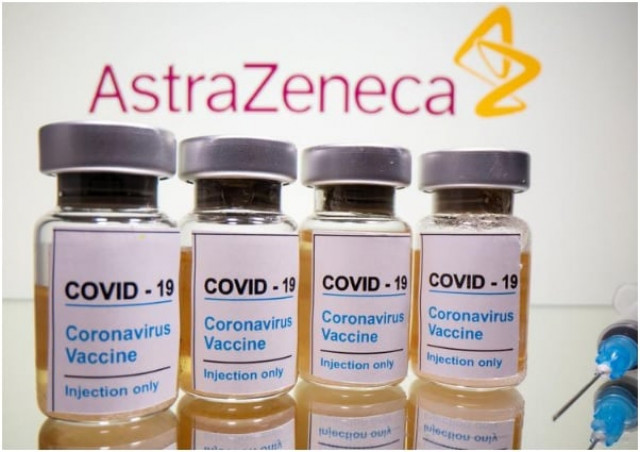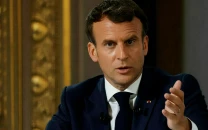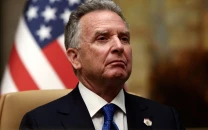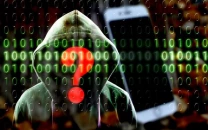EU puts brake on Covid vaccine exports to cope with 'crisis of the century'
The EU faces an acute shortage of Covid-19 jabs due to reduced deliveries by AstraZeneca

The European Union may get more restrictive in exporting Covid-19 vaccines to safeguard essential jabs for its own citizens facing a third wave of the pandemic, the head of the bloc’s executive said on Wednesday.
Ursula von der Leyen’s announcement risks escalating tensions with the United Kingdom and the United Stated over their restrictive approach deliveries of vaccines to the 27-nation bloc.
She spoke as six EU countries complained to Brussels about reduced deliveries that are hampering the bloc’s already troubled inoculation campaign and could stall plans to restart travel this summer and support the battered tourism sector.
The EU faces an acute shortage of Covid-19 jabs due to reduced deliveries by AstraZeneca.
“We are in the crisis of the century,” von der Leyen said as Covid-related deaths in the EU top 550,000 and less than a tenth of the bloc’s population has been inoculated.
“If this situation does not change, we will have to reflect on how to make exports to vaccine-producing countries dependent on their level of openness,” she said.
“We will reflect on whether exports to countries who have higher vaccination rates than us are still proportionate.”
The sluggish inoculation campaign threatens plans announced by the Commission to launch “green digital certificate” that would collate information on vaccinations, tests and Covid recovery to let travellers cross borders freely again.
Southern EU countries reliant on tourism and other proponents of the new Covid-19 certificate hope it would win final approvals in June and go online just in time for the peak season. But countries including France, Belgium and Germany have voiced scepticism.
EU countries will be under pressure to agree a common position swiftly for their 450 million people. The task is further complicated by uncertainty over whether those inoculated can transmit the virus, and public scepticism about vaccines.



















COMMENTS
Comments are moderated and generally will be posted if they are on-topic and not abusive.
For more information, please see our Comments FAQ